Parasocial Dunbar Hacking
Parasocial Dunbar Hacking
The Information Wars Part VIII
"We can't have moral obligations to every single person in this world. We have moral obligations to those who we come up against, who enter into our moral space, so to speak. That means neighbors, people we deal with, and so on." -Alexander McCall Smith
Dunbar's number is a theoretical limit, often quoted as 150, of the number of meaningful relationships humans can manage in our large-ish primate brains (or neocortices). The idea originated with Professor Robin Dunbar and is consistent both with observed prehistoric tribal sizes and a progression of primate group sizes among primates. We might find pygmy marmosets, with among the smallest of primate brains, hanging out in troops of just 4 to 15. Adorable little troops.
About a decade ago I stepped away from my office for a meditative walk with the intention of thinking about Dunbar's number as it relates to school building (my vocation at the time). Whenever I encounter theories about the brain, I'm skeptical of the theory most of all on a mechanistic level—even when I guess that the theory basically matches observed phenomena. So, my goal was theorizing on how Dunbar’s number worked on a mechanistic level. During my walk, I happened to enter a bookstore and started looking through the magazine section.
Credit: Christopher Roosen
I'm not a magazine reader because my experience in reaching for even the better ones in the dentist's office or elsewhere is that the signal/noise ratio is exasperatingly low (even among titles that once represented quality). What draws people to these rags like Time or The Atlantic? At least magazines like Popular Mechanic served the function of continuing education 40, 50, or 60 years ago.
And what draws people to tabloid magazines such as The Enquirer? We could easily guess that intelligence or education are highly negatively correlated with tabloid readership, and then pat ourselves on the back for being above all that, but I prefer to test such simple assumptions. I decided (to try) to step into the minds of the people I saw thumbing through those tabloids---inside their tribal minds at least. These readers were exploring articles based on front-cover pictures of Bush II, POTUS Obama, Brad Pitt, Oprah, or [insert celebrity or cult leader, real or cartoon, here]. This got me thinking about the natures of leadership and celebrity and led me to think about modern day tribal substitution. That's when I made a leap of understanding of a critical illusion of leadership that leaves people in the modern world in a state of mental slavery.
Illusion: All pairs are equal in size.
Credit: Anton, CC BY-SA 3.0 <http://creativecommons.org/licenses/by-sa/3.0/>, via Wikimedia Commons
Substitution and Illusion
Attribute substitution (or substitution bias) is an economical psychological process in which people make complex decisions using simplified heuristic judgment. In other words, when there is too much information, we find a way to simplify what information there is to make a judgment. We might focus on what we think are the most important pieces of information, or even defer to an "expert" (proxy judgment).
Can this "mental shortcut" be gamed?
You betcha. But exactly how is something we need to study, or find some way to defend against. In fact, defending against it may be the key to defending liberty and dodging a dystopian future in which a global Mandarin elite manages the world on behalf of the elites, with all those below them serving as essentially debt slaves, with think opportunity to break through the glass ceiling of serfdom.
Theory: Perhaps some or even all of Dunbar’s number is partitioned into “slots” with specific characteristics. Understanding the roles of these slots may help us understand a great deal about human psychology, governance, the potential instability of multicultural societies, mental illness, and more.
What if the 150 (or 250 or 300 or whatever the number actually is) is not simply the tribe size, but within the tribe there are also archetypal positions? Within the family, these positions are easy to identify, but there are also roles of chief/leader, mystic, medicine man, warrior, confidante, etc. Are most people in the modern world filling their tribal "slots" with many or even *mostly* people whom they do not even know?
In the Prussian educational paradigm that now dominates the modern world, children are trained not by their families, while interacting with and growing trusting bonds with their neighbors. The process of tribal formation is replaced with a handful of authorities, same age social relationships, and parasocial proxy relationships—the people on our magic electronic picture boxes. And in the end, young adults pop out of the other side of this machine suffering a pernicious form of Stockholm Syndrome. They even believe it's what is best for them. After all, their leaders, whom they've likely never met, tell them so. They'd be unhappy to discover the illusion.
What are the implications?
Is this part of "the social media problem"? Are we keeping people in our tribe without geographic proximity, eschewing the benefits of local contact? Are we opening ourselves to programming by a combination of manipulators and artificial intelligence?
Yes.
And it's psychologically debilitating. The Mandarins believe they are entitled due to superiority, or hard work, or something like that. Yet, they work so hard to build a psychologically debilitating Matrix around the competition, and keep them from organizing—not as in organizing an army, but just organizing a community.
In place of community, we have social technologies that are accelerating a kind of mental deformation common to many people in society---perhaps so common that we now see some widely shared mental illnesses/illusions.
Community is a Fundamental Technology
If this statement strikes you as strange, go read my definition of technology now and return before reading further.
When we have community, we have a trust network. When we have community, we are not beholden to the degradation of value associated with each prisoner's dilemma cast upon us like a net (I'll write good, full articles on game theory and prisoner's dilemmas soon). By definition, a community hasn't been subject to the atomized level of divide and rule that the Kunlangeta have long wielded, and better since the development of corporatocracy, as asymmetric technological warfare. The consequences are growing acute.
The Spirit Level, Wilkinson & Pickett, Penguin 2009., Attribution, via Wikimedia Commons
There are symptoms alerting us to an acute condition forming, and they're hard to miss at this point: loneliness and depression. Are the people buying celebrity magazines filling their limited slots with asymmetric relationships because they find no other choice? (Is this part of why we still don’t have good models for depression?)
Credit: Edel Alon
Zoom out from depression to the broader set of conditions that we usually categorize as mental illness. Does taking information from asymmetric (parasocial) sources confuse ordinary senses of information fidelity? More topically, does this lead to versions of illusion/distortion associated with Asch conformity?
Do the Mandarins love to pick on the mentally ill (no matter how much they virtue signal otherwise) because those are the people they need to keep down in order to maintain power? If those people were simply healthy, could the oligarchy maintain authoritarian control?
Source: Locked Up: A Nation Behind Bars
What narcissists!
No. The Mandarins are a combination of sociopaths (only some are narcissistic) and naive tools. The narcissists are those who are cursed to never get to know themselves upon being walled into the asylum of mirrors, whether or not they participate in the operation of the funhouse. They're the ones who don't recognize that they're in the Matrix. They are victims and victimizers, both. You just don't want to be stuck in a prison with them. That's how the hierarchy of the Kunlangeta works. That's the myth from Ovid's Metamorphoses.
COVID Metamorphosis?
While less well known than Virgil or Horace, Ovid is considered one of the three canonical poets of Latin literature. More recently, he lent his name, posthumously, to one of the world's largest medical research platforms.
Huh.
Ovid's magnum opus, Metamorphoses, explores a dystopian (Iron Age) world growing increasingly corrupt and abusive. Sound familiar? Throughout the epic, the capable (mortals and gods alike) who rise are defeated and tortured: raped, discarded, and silenced. In escape or suffering, each subject undergoes a transformation---a metamorphosis. These are tales revealing the essence of an era in which the world changed so quickly that societal organizations (religions, governance) were unable to keep up. Ovid was himself a man banished from his homeland in 8 A.D.
Do you think this is all a coincidence?
Many universities now approach the core Humanities text with trigger warnings.
"Simplicity is a jewel rarely found." -Ovid
Dunbar Hacking
Glad you've stuck with me. The world needs you.
Hopefully you now have a sense of how information warfare may be carried out effectively---by hacking the brain's internal projection of the tribe. The Pavlovian training of the Prussian educational model is just the priming. Once a subject accepts routine programming from the outside, the trick is to tell them who are and who aren't leaders and experts. In other words, the messages are sent from anywhere, but through a trusted network, and into the minds of the programmable humans, substituting a chosen leader/expert image into the appropriate Dunbar slot and set the mind virus in motion. The media machinery designed for that purpose has been honed for decades, and now with a dash of artificial intelligence (can we just call it automation? Sigh) thrown in.
Why don't the people who aren't hypnotized just help the people under the spell see it?
Easier said than done. The destruction of the community makes that difficult. Even worse, identity politics has been ramped up so that everyone not under the spell becomes "othered" in one way or another.
Perfection of the technique may be what drives mass formation. We are witnessing one now, but if you're reading this, you probably lived through several, but I'll call them out another day. More people are more acutely aware of the sudden shift to a new social state now because the stakes have grown too high to ignore, so there is a larger group forming who can identify that something is very wrong, even if they cannot fully describe it. We might even be said to make up something like a community, at this stage.
Once the groupthink takes over strongly enough, you get people accepting the end of social barriers as simple as the precautionary principle, first do no harm and the Nuremberg Code. The stage was already entirely set for the production of the illusion, and then came the pandemic.
Ladies and gentlemen, we have conjured a vaccine!
Wrajeshwar, CC BY-SA 3.0 <https://creativecommons.org/licenses/by-sa/3.0>, via Wikimedia Commons
What's the Solution?
That's going to take more time. Step one is identifying the problem. I don't know if I have the answers, but I have a lot of thoughts and a lot of questions, and I'll share them as quickly as I can.

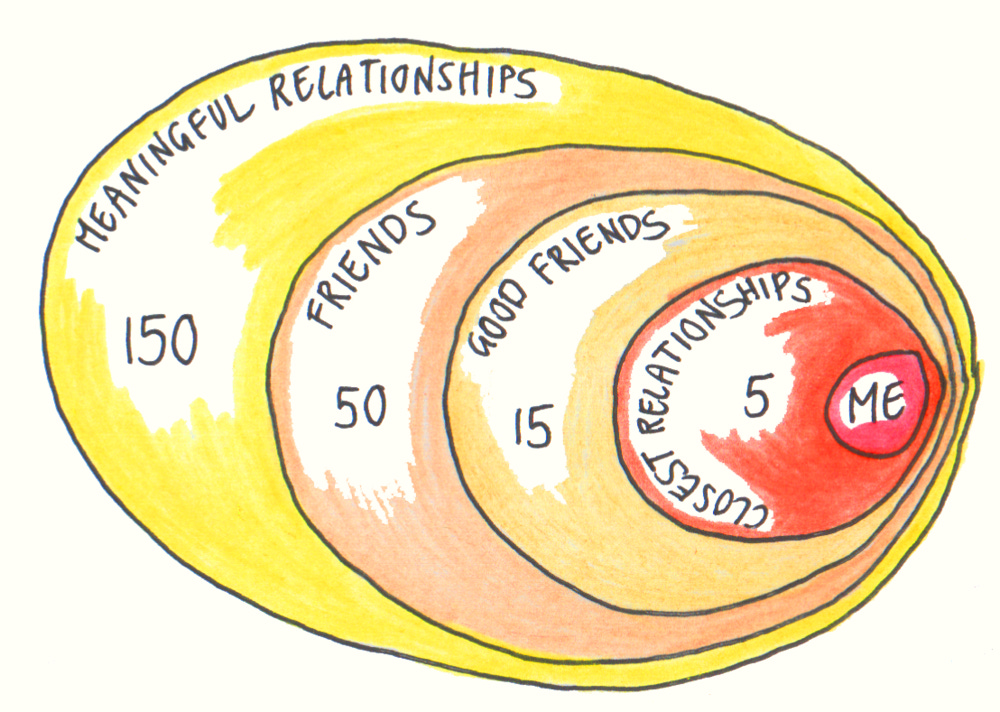


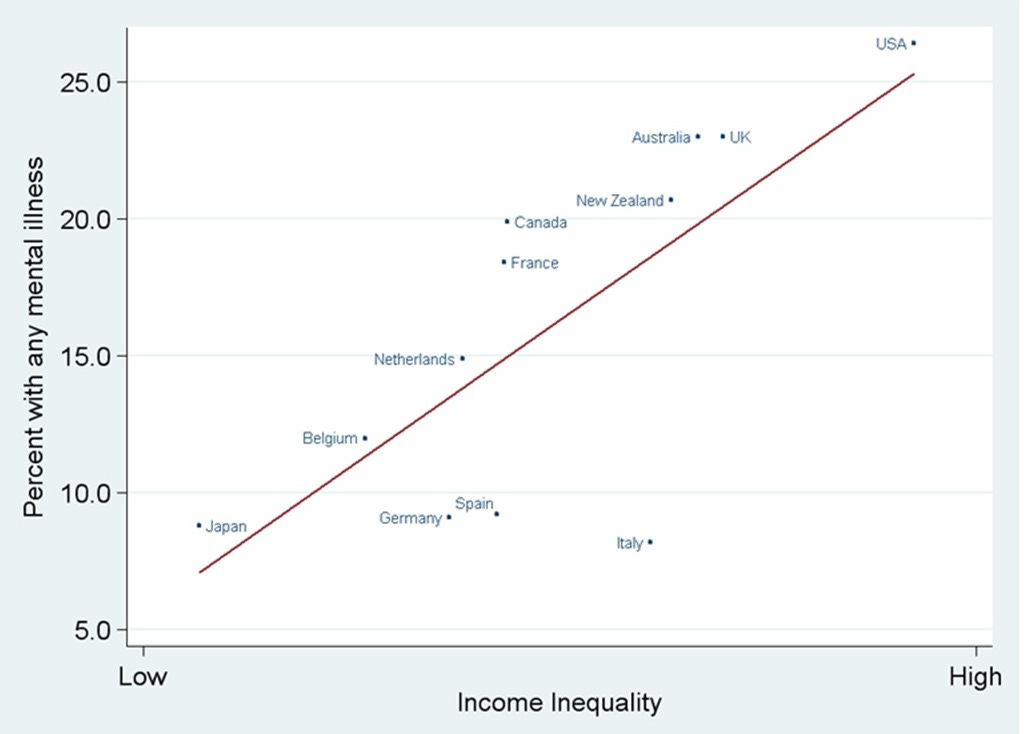
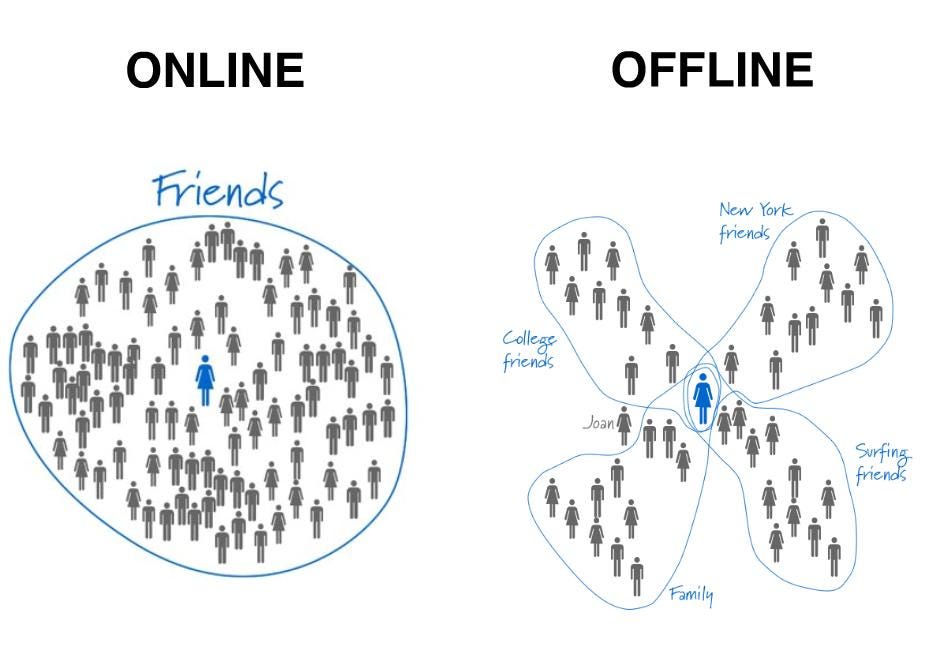
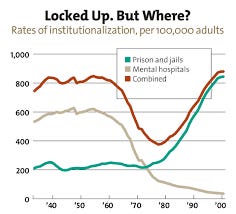
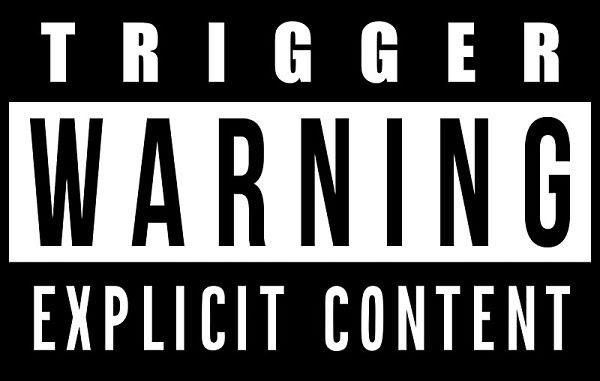

Comments
Post a Comment